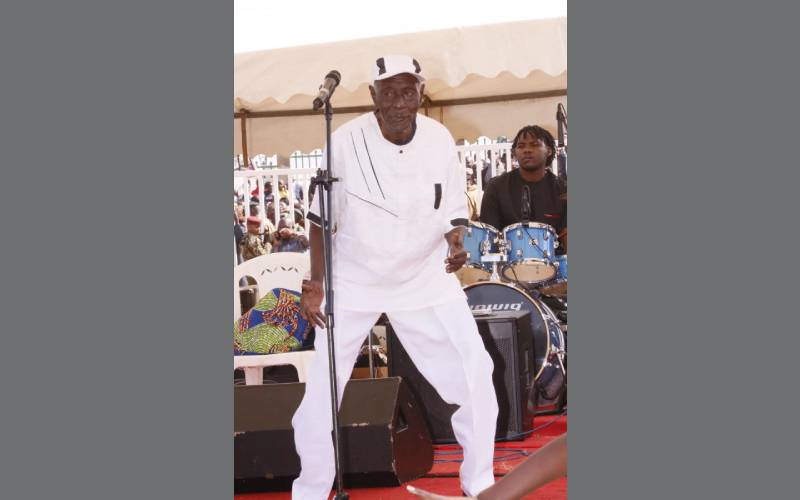×
The Standard e-Paper
Kenya’s Boldest Voice

In his 1961 classic twist Angelike, legendary singer and guitarist John Amutabi Nzenze pours his heart out to his estranged lover Angelike as he charms her back into his life.
He implores her lamenting their unfortunate breakup, this having been his first love affair. A twist dance tangle had them falling for each other.